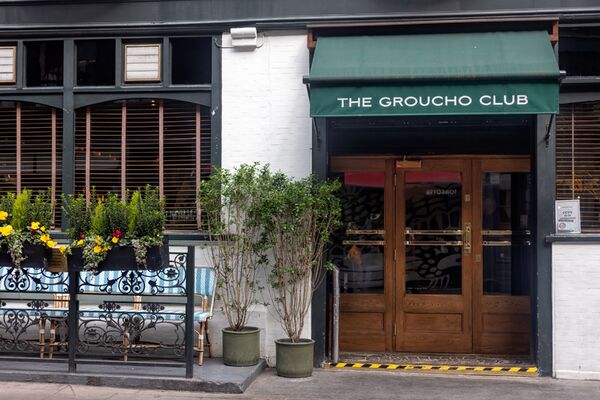Refusal to pay for a meal
What happens if a party of diners finish their meals but then refuse to pay? Cara Bain and Clive Zietman of Manches explain the legal situation
The problem A party of six came for Sunday lunch and ordered various meals. Nothing was left on their plates, but they refused to pay. I asked what was wrong and the answer was that they didn't like the gravy. I had no option but to call the police, who told me that all I could do was take their names and addresses and sue them. Is this correct?
The law
It's a common misconception that a refusal by a customer to pay for a meal in a restaurant is a criminal matter. This is generally not the case. Such conduct is criminal only if the customer deliberately pays nothing and then attempts to leave the restaurant. This is known as "making off without payment", and would constitute a form of theft. Only under these circumstances would the police intervene.
When a customer refuses to pay the bill, complaining, for example, about bad quality of food or service, this is a civil matter - in essence, a contract dispute. As with any contract, there are terms which are to be honoured by both parties. In this context the restaurant agrees to provide a service and the customer agrees to pay. If either party fails to perform its side of the contract, it results in a civil dispute which, if not resolved, could be dealt with in the civil courts.
Expert advice
The police are correct. As this is a civil matter, the only remedy available to the restaurant is to take the names and addresses of the party and sue. This can be done by filing a "Small Claims Track" form at any convenient county court. The application fee ranges from £30 to £120 depending on how much is being claimed, so it's generally worth exploring this only if the amount being sought is reasonably high.
Once a decision has been made to sue, it will be necessary to establish a breach of contract on the part of the diners. This is best done by showing that there was nothing wrong with the meal provided. The fact that the diners ate all the meals served to them should be conclusive.
Before suing it's strongly advisable to send a letter to the customer stressing the fact that each member of the group ate all food served without any complaint. Once you've outlined your argument, inform them that if payment is not made, you intend to take them to court.
Check list
If possible, obtain customers' names and telephone numbers when they make reservations.
Ensure that food served is as described on the menu and is generally satisfactory.
A few minutes after the meal has been served, approach customers and ask them if everything is to their liking.
If the customer refuses to pay for a meal without good reason, ensure that each of the names and addresses of the party are obtained. Remain courteous but firm, and don't attempt to confine them to the premises. This could itself constitute a criminal offence.
Beware
It's not a criminal offence, but both parties to the contract may sue and be sued for breach of contract. If issuing proceedings in the Small Claims Track, there's no liability to pay the other side's costs if you lose.
Contacts
Clive Zietman & Cara Bain
Manches
Aldwych House, 81 Aldwych, London WC2B 4RP
020 7404 4433
www.manches.com

















